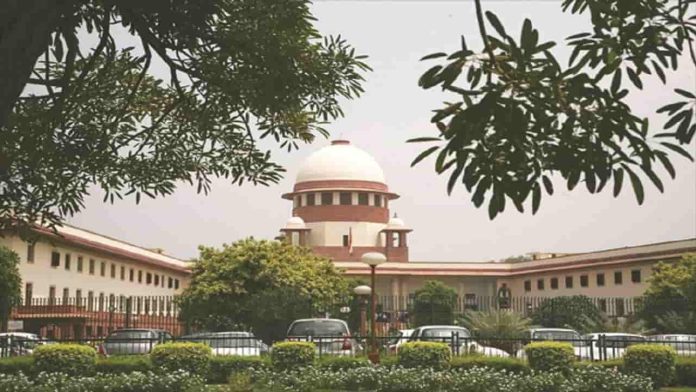The Supreme Court has decided to consider a plea against a judgement of its own taken in the year 2015 which mandated all the banks to disclose a list of defaulters, inspection reports and other critical details, stating that verdict prima facie failed to balance the right to information with the right to privacy.
A group of public and private banks approached the Apex court against a clutch of RBI circulars issued for disclosure of details under the RTI Act in accordance with the 2015 judgement.
The bench said that “Prima facie, we find that the judgement of this court in the case of Jayantilal N Mistry (2015) had not taken into consideration the aspect of balancing the right to information and the right to privacy,” a bench of Justices B R Gavai and CT Ravikumar said
The court also said that the right to privacy was declared a fundamental right by a nine-judge bench in K S Puttaswamy case subsequently in 2017.
Advocate Prashant Bhushan and others questioned the maintainability of writ petitions filed by HDFC and others. The counsel had put forward that it was the prime responsibility of the RBI to furnish all information relating to inspection reports and other materials in terms of the apex court’s judgement.
The Court also has contended that validity of an order passed by this court itself cannot be subject to writ jurisdiction.
The court noted that the petitioner banks challenged the action of the RBI, that had directed banks to disclose certain “confidential and sensitive information”.
The banks claimed this is not only contrary to the provisions as contained in the RTI Act, the RBI Act and the Banking Regulation Act, 1949, but it also adversely affects the right to privacy of such banks and their customers, the court noted.
Quoting the words by Justice Ranganath Misra in the case of A R Antulay (1988) that this being the apex court, no litigant has any opportunity of approaching any higher forum to question its decision, the bench said, “The only remedy available to the petitioners would be to approach this court by way of writ petition under Article 32 of the Constitution for protection of the fundamental rights of their customers, who are citizens of India.”


